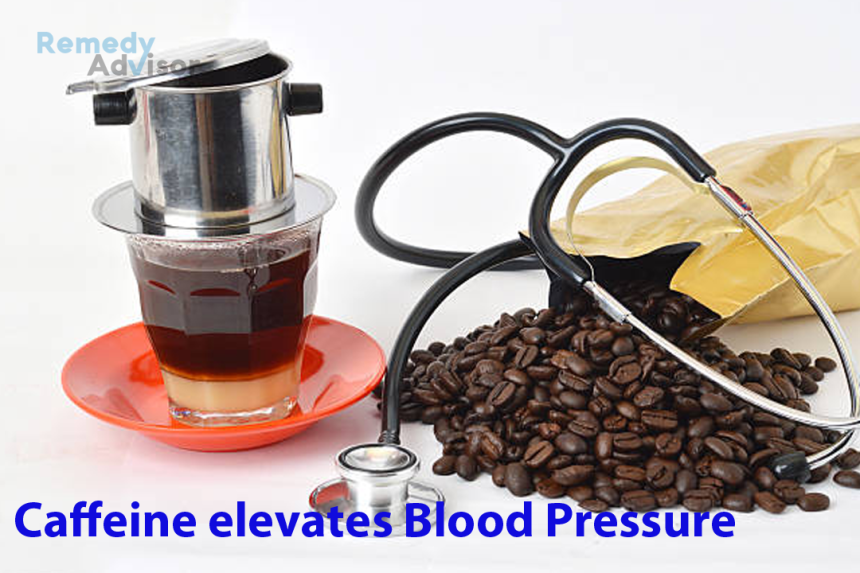If you have high blood pressure, should you give up that morning cup of java or avoid those tall glasses of iced tea? Generally, research shows that consuming caffeine in the form of coffee, tea, cola, chocolate, or medications does not increase the risk of high blood pressure or heart-related events such as heart attack. Reviews of studies of the effect of caffeine on blood pressure and cardiovascular disease have shown that while caffeine and coffee intake can cause an increase in blood pressure (about 8 mmHg systolic and 5.7 mmHg diastolic), it is only temporary, lasting only a few hours. Research also shows no association between habitual use of caffeinated coffee and a higher risk of cardiovascular disease. Joint National Committee on Prevention, Detection, Evaluation, and Treatment of High Blood Pressure has indicated that there is no proof that coffee or tea consumption is linked to high blood pressure.
So why talk about caffeine and high blood pressure at all? There are several reasons. One is the misconception that coffee and tea, and the caffeine they contain, are detrimental if you have high blood pressure, and I have already explained that this is generally not true, but you should still consult your health-care provider. Another reason is that drinking coffee and tea may offer some health benefits regarding blood pressure, because they are a rich source of plant compounds called polyphenols.
Polyphenols is a broad category that includes thousands of different antioxidants, which are molecules that fight disease-causing and cell-damaging substances. In other words, they play an important role in your health, including help with hypertension and your heart. Among the benefits of polyphenols found in coffee and tea is the ability to reduce the formation of blood clots that can lead to stroke, lower the concentration of C-reactive protein, which is involved in inflammation, and reduce the risk of cardiovascular disease.
Although there is lots of scientific evidence showing that coffee and tea drinkers with high blood pressure should not worry about continuing their beverage habit, you can also be assured you don’t need to start drinking coffee or tea just to get the polyphenols. Indeed, polyphenols are available in a wide variety of fruits, vegetables, legumes, and seeds. Therefore, if you follow the diets presented in this book you should consume plenty of polyphenols. Drinking cola beverages, however, which can contain significant amounts of caffeine, is not recommended not because of the caffeine content but because of the sugar, phosphorus, and empty calories.
If you want to add green tea to your menu, however, that would be a positive move. Green tea and green tea extract have been shown to reduce blood pressure in people who are hypertensive. Green tea is naturally lower in caffeine than black tea and coffee and is an excellent source of the polyphenols called catechins.
Yet one more reason to discuss caffeine and hypertension is cola. If you are a big fan of colas, then you may want to rethink your consumption. A large study involving more than 155,000 women and spanning more than twelve years found that while habitual coffee consumption was not associated with an increased risk of hypertension, the same was not true of drinking cola beverages. Women who consumed colas had an increased risk of hypertension regardless of whether they drank sugared or diet colas. Because colas and other soft drinks are empty calories, they are best avoided and replaced with more nutritious and satisfying beverages.
So are you prepared to make some lifestyle changes to improve your blood pressure? Remember, improvements in your blood pressure will likely come as you combine your lifestyle modification efforts with diet, exercise, stress reduction, and supplements.







